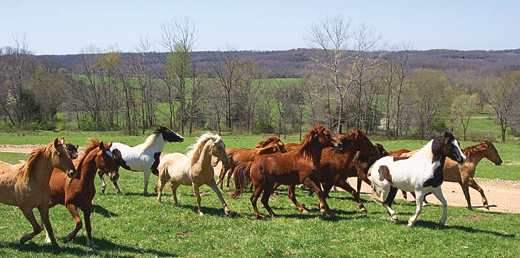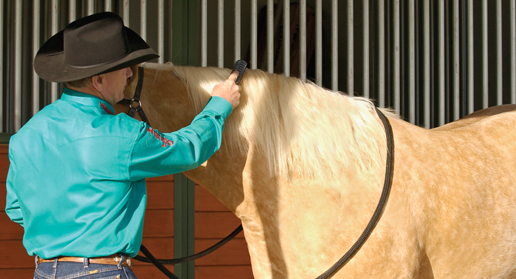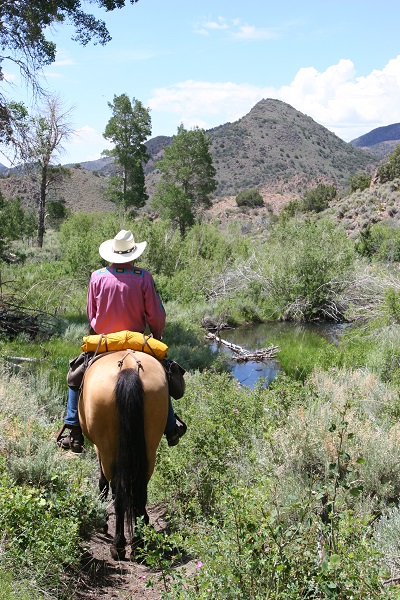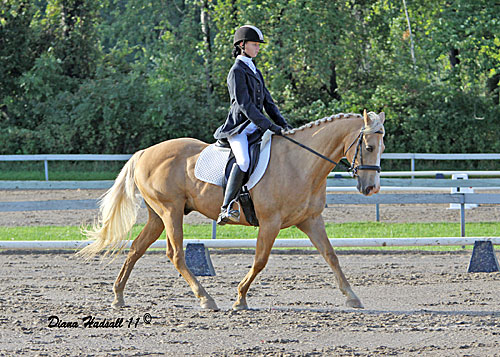Book Excerpt: The Competitive Edge III – Gravity, Balance, Kinetics of Horse and Rider
…center of gravity, the more delicate its balance is, depending directly on the narrowness of the horse’s stance. A wide horse is less affected whereas a narrow horse is immediately…







